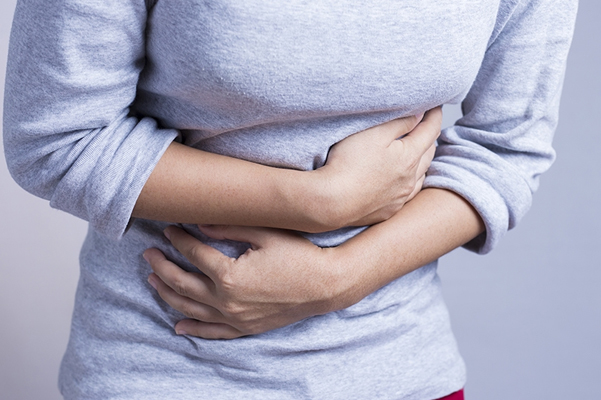
PCOD or PCOS is a condition that affects women’s ovaries, the reproductive organs that produce progesterone and estrogen hormones that help in regulating the menstrual cycle and also produce small amounts of hormones inhibiting, relaxing, and male hormones called androgens.
Almost 10% of women in the world are suffering from PCOD. Women with PCOS produce higher-than-normal amounts of male hormones. This hormone imbalance causes them to skip menstrual periods and makes it harder for them to get pregnant.
Besides unpredictable hormonal behavior, this condition can trigger
Diabetes
Infertility
Acne
Excessive hair growth
It’s a fairly common disorder, but one with no exact cure.
What is PCOD Problem?
PCOD full form in medical – Polycystic Ovarian Disease
PCOD (Polycystic Ovarian Disease) is a medical condition in which the woman’s ovaries produce immature or partially mature eggs in large numbers and over the time these become cysts in ovaries. Due to this, ovaries become large and secrete large amount of male hormones (androgens) causing infertility, irregular menstrual cycles, hair loss and abnormal weight gain. PCOD can be controlled by diet and lifestyle modifications.
What are the common signs and symptoms of PCOD problem / PCOS?
Some females start seeing symptoms around the time of their first period, some women only discover when they have gained a lot of weight or trouble getting pregnant. The most common signs and symptoms of PCOD Problem or PCOS in females are:
Irregular menstruation (Oligomenorrhea)
Skipped or absence of menstruation (Amenorrhea)
Heavy menstrual bleeding (Menorrhagia)
Excessive Hair growth (face, body – including on back, belly, and chest)
Acne (face, chest, and upper back)
Weight gain
Hair loss (hair on the scalp gets thinner and fall out)
Skin darkening (Neck, in the groin, and under the breasts)
Complications of PCOS / PCOD
Having higher-than-normal androgen levels can affect your health. These are the complications of PCOS or PCOD problem that require medical attention:
Abnormal uterine bleeding
Infertility
Type 2 diabetes
Preterm labor and premature birth
Metabolic syndrome (risk for high blood sugar, high blood pressure, heart disease, diabetes, and stroke)
NASH (Non-alcoholic steatohepatitis)
Depression (Many women end up experiencing depression and anxiety due to unwanted hair growth and other symptoms)
Sleep apnea (More common in women who are overweight, causes repeated pauses in breathing during the night, which interrupt sleep)
Endometrial cancer (Due to thickened uterine lining)
Miscarriage (spontaneous loss of a pregnancy)
How to cure pcod problem permanently?
PCOD is not a serious problem, but there is no complete cure. Maintaining healthy weight, following complex corbohydrate diet, doing regular exercise and being active will be helpful in controlling PCOD problem and its underlying symptoms. Consulting periodically with gynaecologist and primary care doctor is also advisable for females to have healthy life in the future.
Can women get pregnant when she has pcod?
Yes, women with PCOD can get pregnant and complete pregnancy, this requires planning and follow-up consultation with gynaecologist to avoid any future complications.
Can you have weight gain in pcod / pcos?
Yes, women can gain weight in pcod problem or pcos due to metabolism, hormonal imbalance and increased level on andrgen male hormone. Weight gain pattern in women will also be like male develop belly fat in a higher percentage of body fat.
